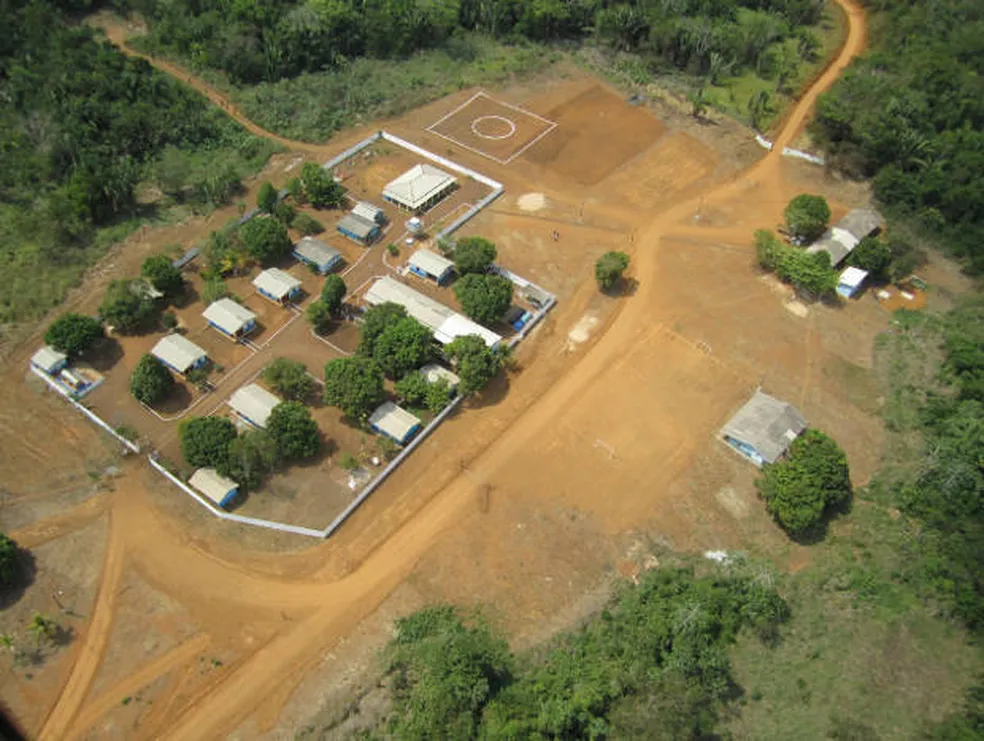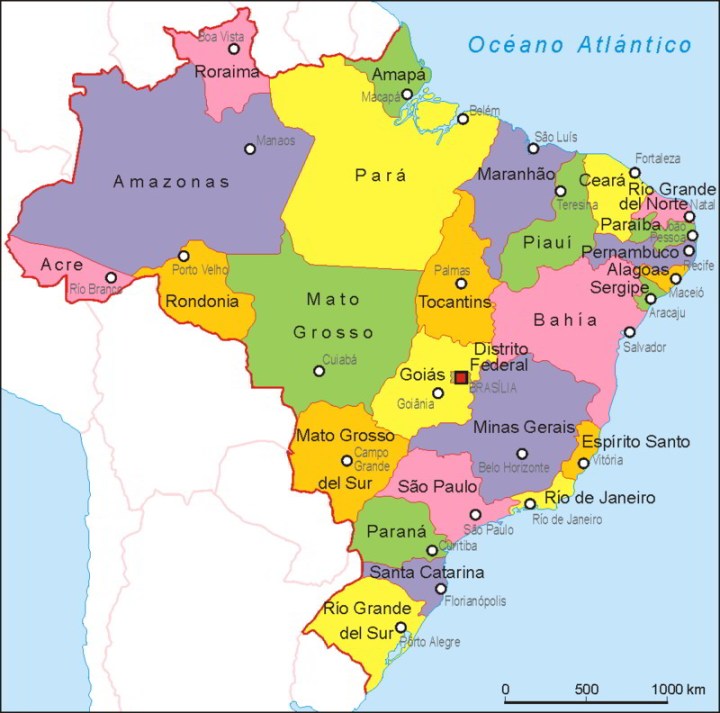
New attacks against poor peasants in Brazil
Featured image: Mining project of Belo Sun in Pará. Source: Belo Sun/Reproduction
Mining companies and the large estate in Brazil continue their attack against poor peasants. These attacks are carried out in states such as Pará, Amazonas or Minas Gerais and are carried out as the pressure of the big landowners to remove the peasants from the lands – peasants who they will later take advantage of in semi-slavery conditions in their mines or large estates.

On July 7, the newspaper A Nova Democracia brought to light the attacks of one of these imperialist companies, the Canadian mining company Belo Sun in Pará. This company belongs to the Forbes & Manhattan investment fund. In this area, the mining company wants to do a mega gold extraction project. They want to extract 5 million tons of gold per year through open pit mines, the use of explosives and the construction of chemical waste stores, a sanitary landfill, an explosive deposit, and build a fuel supply station, accommodation and roads. These operations end up causing the destruction of the land for the peasantry. To pressure the peasantry to leave the land, they are threatening them and attacking them with firearms. The peasants denounce that this occurs since 2012, when the companies restricted access to public areas, promoting the hoarding of the land and hiring armed private security companies.
On July 3rd, the indigenous peasants of Nova Yvu Vera were attacked with tear gas by the Military Police (MP). This peasant community has been suffering persecutions of the MP or armed groups financed by bosses since April. They are suffering attacks because they demand the land where large companies are located and the companies are entering their land. AND visited the community and affirmed “If they arrest 10 leaders, 20-30 leaders will be born!”, maintaining their spirit of struggle for the land high. While the attacks are intensifying, so is the resistance of the poor peasants: this year we have seen an increasing amount of land occupations in various parts of Brazil.

In the territory of the Yanomami indigenous people a mining company is putting parts of the peasantry belonging to the indigenous people and other parts of the peasants against each other over the problem of the land. AND adds that “the conflicts have been intensified as a direct reflection of the lack of solution to the situation of the peasant (the so- called “agrarian reform” is archived) and the unstoppable struggle against the gold mining in TI Yanomami [author’s note: Indigenous land Yanomami] through operations that only point to mining gold, without punishment to the millionaire articulators of operations, such as the landowners and the military”. They also denounce how, in the absence of land for peasants and with an increasingly high costs of basic necessities, the federal government announces aid for new investments for the large estate, “the main cause of calamity,” they add. In total, the aid is R$ 364.2 billion.
These companies take advantage of the conditions of misery that they create in order to acquire work force in semi-feudal conditions. The landowners also act like this, AND writes: “Semi-feudality remains the base of the capitalist large estate, which evolves in its forms and is used by the great capital for greater accumulation.” One of the last great operations liberated 83 peasants, along with their children in the Pará, Paraná, Minas Gerais and Espirito Santo. These peasants lived without drinking water and in deplorable conditions. However, the Federal Government continues to say that these are “isolated cases.” The newspaper adds that “the definitive cure is much deeper than a simple matter of ‘isolated cases’ and requires resolving the very end of the land tenure and distribution system, a measure outside of any government of the old Brazilian bureaucratic-landowner State and today only raised and applied by authentically democratic popular movements, especially in the countryside. ”

